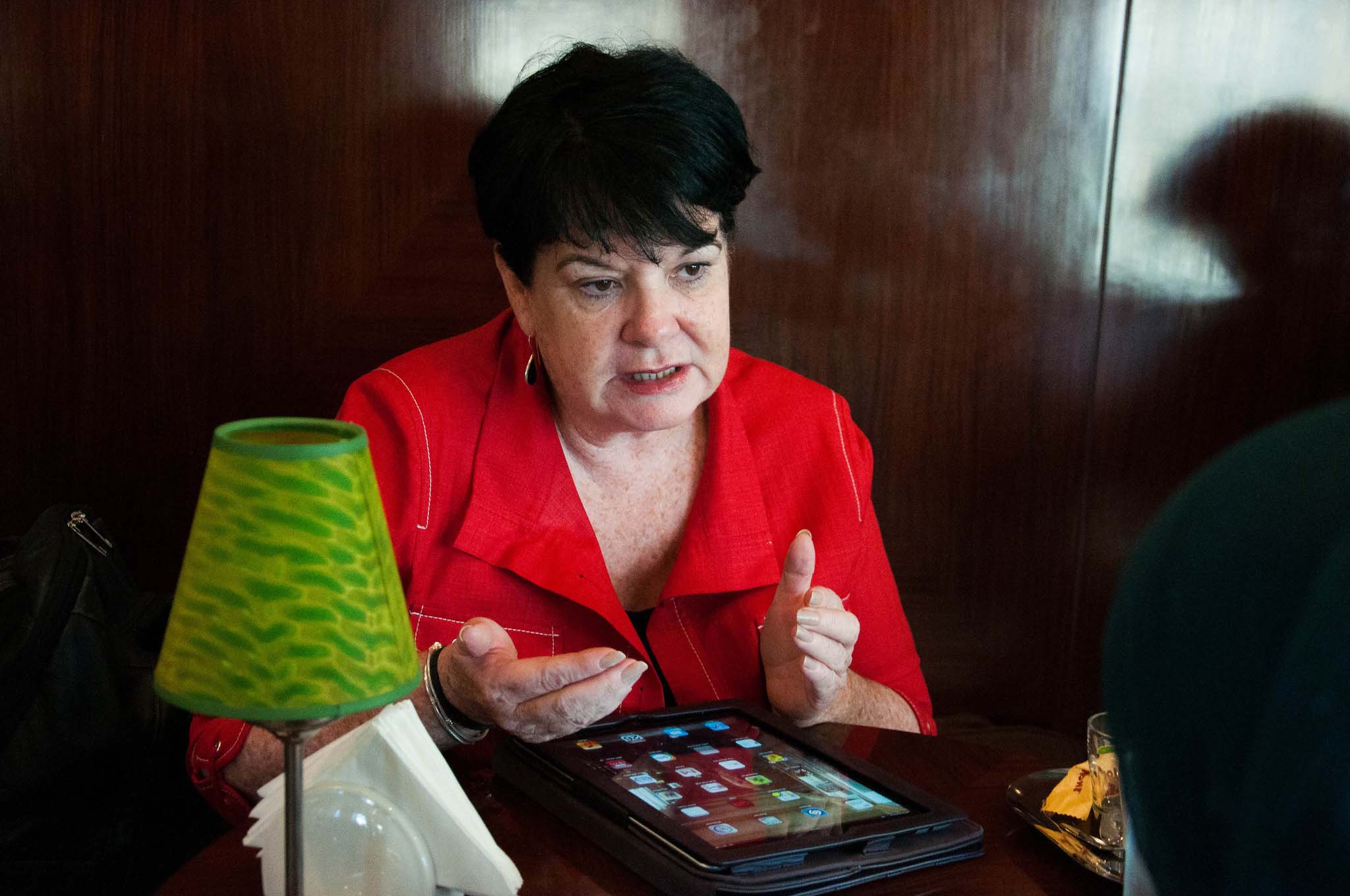
The head of an international trade union has retreated from suggestions that thousands of expats brought here to prepare Qatar to host the World Cup will die before 2022.
However, International Trade Union Confederation’s (ITUC) general secretary said that even if she got that figure “wrong by a few hundred middle-class Indians…nobody can deny there is no commitment from the Qatari government to treat workers here as human beings with fundamental human rights.”
In 2013, ITUC asserted that “more than 4,000 workers risk losing their life over the next seven years as construction for World Cup facilities gets under way if no action is taken to give migrant workers’ rights.”
The prediction has repeatedly been used by critics to condemn Qatar’s human rights record and has often dominated conversations about the 2022 World Cup.
Widely shared
The union’s figures are based on fatality data from the Nepali and Indian embassies in Qatar and factor in all deaths, not just those on construction sites or even people working on World Cup projects.

The number has been shared widely by international media outlets, especially after ITUC compared it to other major sporting event fatalities, including the 2012 London Olympics.
However, when asked about that estimate on the sidelines of a UN human rights conference in Doha today, ITUC general secretary Sharan Burrow told Doha News that she’s never suggested anyone has died building World Cup stadiums:
“We’ve never said that,” she said. “I’ve never said ‘on World Cup stadiums’…I’ve said up to 4,000 workers will die in Qatar before a ball is kicked off in 2022. That’s a very conservative figure.”
Burrow also defended ITUC’s methodology, even though the forecast represents the deaths of all expats working in Qatar over the next several years, including professionals in industries unrelated to the World Cup.
“If I get it wrong by a few hundred middle-class Indians, does it negate the fact that workers are at risk here because of safety standards, living standards, the quality of food, the quality of water, the heat?
…We know that workers are at risk here and the responsibility is the Qatari government’s to put in place the rights that will enable workers to tell you when there is an unsafe environment. Full stop.”
Questions remain
While the Qatar government has rebuffed ITUC’s figures in the past, it has not provided its own numbers to show how many individuals die from various causes on building sites across the country.
In a report released late last month, Amnesty International said there was no evidence that anyone had died during construction of Khalifa International Stadium, one of six World Cup venues where work is currently underway.

However, the organization said it documented more than 100 human rights abuses, including employers confiscating workers’ passports, delaying salary payments and using threats to force them to keep working, involving blue-collar expats on the project.
Some reforms to the sponsorship system will take effect at the end of this year, but rights groups say they don’t go far enough to protect workers.
And today, Amnesty urged FIFA’s new president to press for legal reforms to reduce the risk of low-income workers being exploited by their employer during his visit to Qatar this week.
“It is essential that FIFA publicly call on Qatar to tackle the systematic exploitation and abuse of World Cup workers, largely driven by the sponsorship system in Qatari law that leaves workers at the mercy of their employers,” Amnesty researcher Mustafa Qadri said in a statement.
Thoughts?







